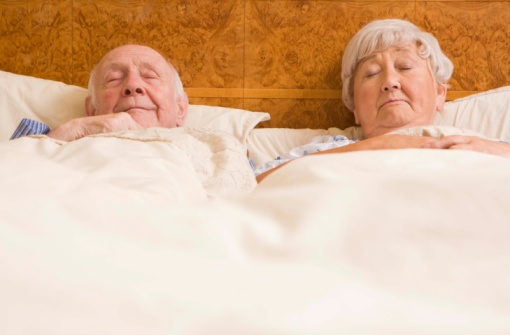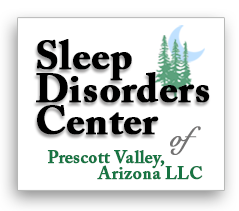The place of hypnosis in sleep medicine has been a subject of debate for many years. A few studies have shown its usefulness in conditions such as nightmares, sleep terrors, bedwetting, sleepwalking, and insomnia. However, few if any of these studies have been based upon anything other than the individual’s subjective reports.
An objective demonstration of the positive effects of hypnosis on sleep, especially deep sleep, appears in this month’s journal Sleep. The researchers enlisted 70 healthy Swiss women aged 18 to 35 and divided them, by testing, into those who were “highly suggestible” to hypnosis and those who were categorized as “low suggestible” patients.
The women were exposed to 13-minute tapes, one of which was conducive to sleep and which particularly emphasized metaphors for deep sleep while the other tapes did not. They were allowed to fall asleep while listening to the tape or just after for a period of 90 minutes. Then they were awakened. During this time, brain wave activity was monitored using an electroencephalogram.
The findings were remarkable. Hypnosis had no effect on those women categorized as “low suggestible.” However, in those women who had been deemed as “highly suggestible,” hypnosis increased deep sleep on average by 80% and time spent awake was reduced by 67%. In addition, when those women who were “highly suggestible” were exposed to the other tapes, in particular one that was done in the same hypnotic cadence but contained no suggestion of deep sleep, there was no improvement in either their duration or depth of sleep.
We know that deep sleep, also referred to as slow wave sleep, decreases greatly with age. It is also diminished by many of the commonly prescribed sleep medications such as the benzodiazepines,–diazepam (Valium), and temazepam (Restoril), and the non-benzodiazepines such as zolpidem (Ambien). In fact, this loss of deep sleep has been correlated with a decrease in cognitive function, deterioration in the immune system, impaired tissue repair, as well as age-related brain atrophy.
What are we to make of this? It would appear that in those susceptible to hypnotic therapy, hypnosis might have a place in treating sleep disorders such as insomnia. In this very well done study, it did increase deep sleep and thus would appear to have a place in the non-pharmacological treatment of sleep disturbances. It may also prove to be of great benefit in our elderly population by preventing the usual deterioration of deep sleep seen with aging. I can tell you that I personally found this study to be eye opening. It is the first really well done study that demonstrates to me that hypnosis may have a very useful role in sleep medicine. I intend to be much more open to those hypnotic sleep applications on smart phones and hypnotherapy in general.


